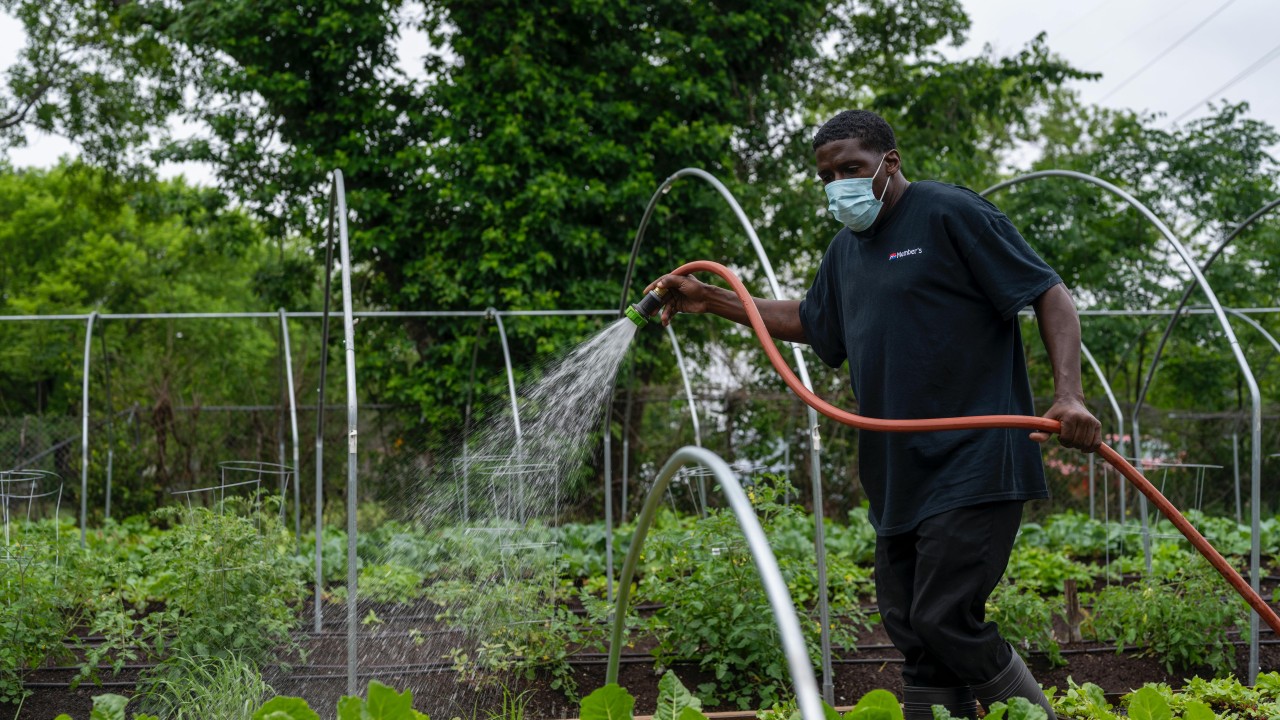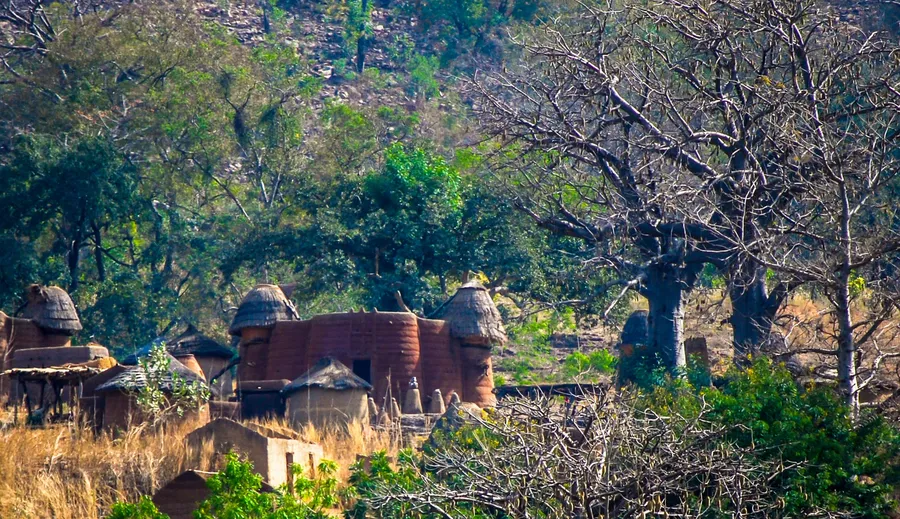AI and the Future of Agriculture in Africa
Potential of AI for Food Security
The Fourth Industrial Revolution (4IR) has the potential to transform Africa’s agricultural sector, enhancing productivity and resilience. Technologies such as AI, blockchain and the Internet of Things (IoT) tackle challenges like low productivity, climate variability and market inefficiencies by providing data‑driven insights and automated tools.
Real‑World Applications
- Disease surveillance and diagnostics – Projects such as IITA’s Cassava Disease Surveillance platform, the Cassava Seed Tracker and the PlantVillage Nuru AI app help smallholders diagnose and manage cassava diseases quickly. The Malawi Digital Plant Health Service bundles tools developed across the world (PlantVillage, VIPS, FIA and CABI’s programs) to manage pests and diseases.
- Farm machinery and services – Hello Tractor, nicknamed the “Uber for farmers,” uses AI to connect tractor owners with farmers in need of ploughing services. By optimising tractor utilisation, the platform reduces costs and increases farm productivity.
- Precision agriculture – Sensors and analytics platforms like Ujuzi Kilimo collect soil data to guide farmers on nutrient management and irrigation. Smart irrigation and climate forecasting tools developed by CGIAR deliver location‑specific recommendations that have increased yields for wheat and rice by 25 % in Ethiopia, Nigeria and Mali.
- Big‑picture insights – AI models help identify optimal planting times, predict pest outbreaks and map soil fertility. The Project FARM platform generates insights from big data and connects to farmers via mobile phones.
- Market access and blockchain – Digital platforms and blockchain systems enable transparent supply chains and allow farmers to sell directly to buyers, increasing profits. The Technologies for African Agricultural Transformation programme delivered climate‑smart seeds to 12 million farmers in 27 countries within three years by leveraging digital tools.

Climate Resilience and Early Warning
AI also helps farmers anticipate climate risks. The Be‑Resilient project uses AI to predict flooding patterns in Mozambique. The Intergovernmental Authority on Development (IGAD) employs AI to enhance impact‑based weather forecasting for East Africa’s agriculture. AI can optimise renewable energy systems by predicting demand and integrating solar and wind power, supporting irrigation and storage solutions.
Barriers and Solutions
Despite successes, adoption remains uneven due to low digital literacy and limited connectivity. Automation may displace low‑skilled labour unless reskilling programmes are provided. Data privacy and governance frameworks are necessary to ensure farmers control their data. Governments, researchers and entrepreneurs must invest in infrastructure, digital skills and policies that foster equitable access.

The Role of Communities
AI should not supplant indigenous agricultural knowledge. Instead, community co‑design can ensure that AI tools respect local practices and are adapted to smallholder contexts. Training young people and women as “digital agronomists” can create jobs and bridge the gender gap. At Tenabantu.org, we support this vision through entrepreneurship bootcamps, digital literacy sessions and networking events that connect youths with AgriTech innovators



